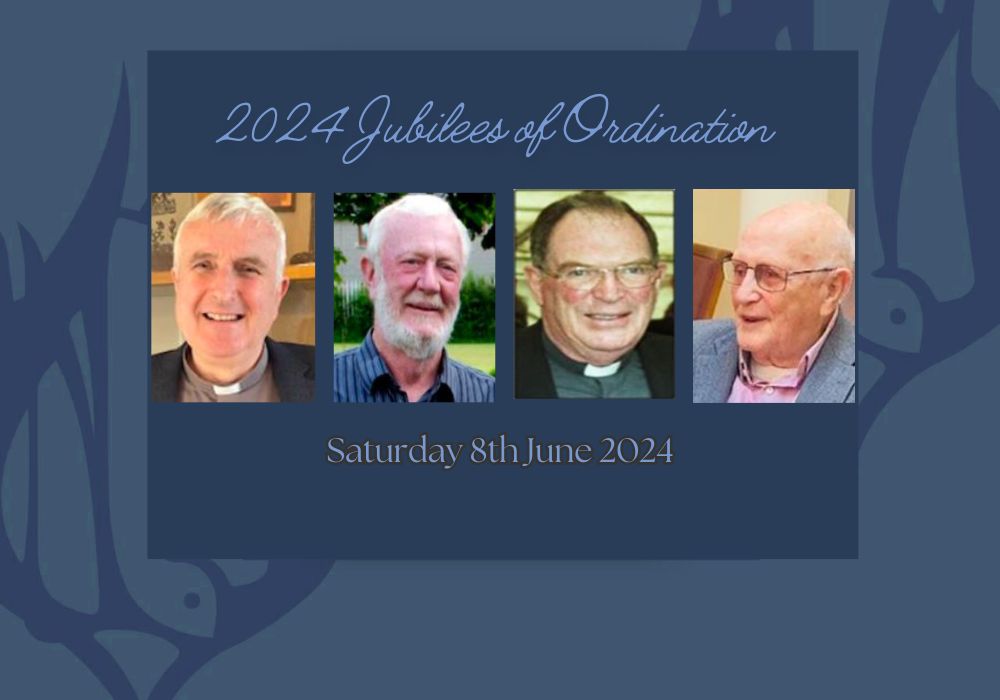MT 22: 34-40 (https://catholicreadings.org/thirtieth-sunday-in-ordinary-time-year-a/)
“Imitation is the sincerest form of flattery”. It’s an old and trusted proverb. Indeed, we humans are incurable imitators and we begin at an early age. It was one way of learning – trying different roles and identities. A child’s imagination is teeming with creativity. It is fascinating to see a child pretending to be his / her favourite hero or heroine. However, it would be disturbing if my 70-year-old neighbour came for morning coffee, acting like – and dressed as – Spiderman.
It’s not that we cease to be imitators when we become adults. It just becomes a more subtle process. Advertisers know all about our fantasies, about our infatuation with name-brands, about who we want to look, dress and act like. Our need to imitate is a large part of what keeps the wheels of commerce turning. A certain amount of that is normal, but it becomes unhealthy and inappropriate (e.g. my Spiderman neighbour) when it is a sign of insecurity or immaturity. So, a symptom of security and growth in maturity has to be: finding one’s identity, discovering who I am, coming to terms with reality and being at peace with that.
That learning and knowledge is not an end in itself but the basis for finding more meaningful and fulfilling ways to live. It is here that we need models to imitate – models of wholeness, integrity, healthy relationships and love. The heroes and heroines that I need now are the people who have known their own giftedness and who have unselfishly offered it to God and to people. Those are the models / people I need for guidance, challenge and encouragement. Yes, it is asking a lot in a world where people say they have many acquaintances, but few true friends.
And that brings me to the Gospel reading, and to the question that the scribe asked Jesus, “Which is the greatest commandment in the law?” The ‘law’, here referred to, was that of Moses and it contained 613 laws, the majority of which were prohibitions. That fact indicated where the Pharisees were at. They believed that the most adequate expression of God’s truth was in rules and regulations. That is how they prioritised the truth of God. And the result had to be, that rules were valued more than relationships. Laws measured goodness – for example: How far can a good person walk on the Sabbath Day; what constitutes ‘work’ on the Sabbath?
They were not looking for a living expression of the truth, which ultimately is what you and I really need. And so, Jesus, in answer to the question about ‘the great commandment in the law’, quoted Deuteronomy 6: 5 and Leviticus 19: 18: “Love God and love your neighbour”.
And in that answer and quote, I find my mentor and my model. Why? Because the most characteristic quality about Jesus was his constant love for Abba / God and for all who came within the circle of his life. If I truly love God and my neighbour, I will be doing all that God requires, and then, in my own individual way, I will be imitating Christ. That is the most difficult and demanding thing in the world. It requires that you / I become radically changed and transformed, both as individuals and as communities. Jesus made it abundantly clear that, from the centre to the circumstance, the life of faith is to be pervaded and laced with love.
We begin where we are, as best we can, with our own concept of God – and with my Spiderman neighbour.








